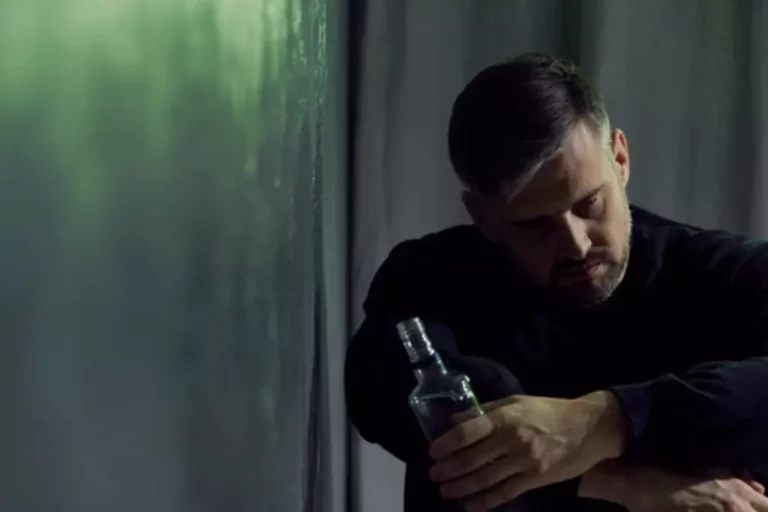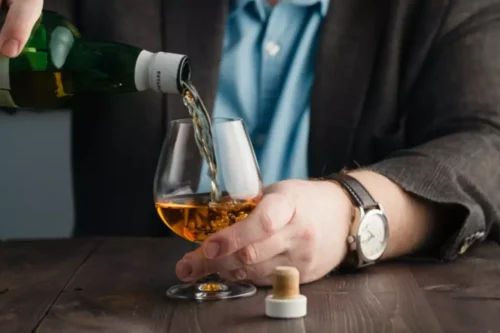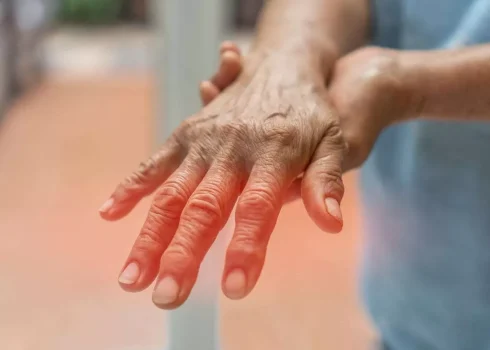Your cart is currently empty!
Cocaine Relapse: Triggers, Prevention, & Treatment

The acronym “HALT” stands for Hungry, Angry, Lonely, and Tired—four common conditions that can trigger a relapse. Addressing mental urges can be an effective tool for preventing relapse, relapse prevention at least on a short-term basis. Speaking to someone about the urge to use can often help to reduce that urge and bring rational thinking to the forefront of the equation.
Graduate School of Addiction Studies
Relapse prevention plans should be easily accessible and realistic. A relapse prevention plan can be a list of reminders written on a note or mobile app. Or it can be a journal or workbook where you develop a comprehensive list of risky scenarios and the corresponding actions to take to maintain sobriety. Poor self-care leads to negative emotions, feelings of unhappiness and increased levels of stress. As people continue to practice poor self-care, they transition into a mental relapse. Some people never fully recover, but they learn to cope with symptoms of the disease.
Do cocaine addicts recover?
- People who attend therapy learn skills and strategies for preventing relapse.
- Taking quick action can ensure that relapse is a part of recovery, not a detour from it.
- Keep a note of your therapist’s phone number, emergency contacts, and a concrete action plan in case you relapse.
If you’re a support group member, keep trusted group members or leaders’ information in your prevention plan. If you fear you are at imminent https://ecosoberhouse.com/ risk of relapsing, contact them immediately. If you’ve relapsed before, try to identify the feelings you felt before your relapse.
Finding Support
It has gained prominence as an effective method for addiction treatment and relapse prevention. Before we dive into the role of cognitive behavioral therapy in preventing relapse, let’s understand what relapse is and why it’s so common. Traumatic experiences can drive individuals to use substances as a way to cope with the emotional pain and distress caused by the trauma.
Relapse Triggers and How to Prepare for Them

They will likely feel the strong desire to continue to use once they do even one time. As a result, getting someone back into treatment as quickly as possible following relapse is crucial to their long-term health and recovery. Addiction isn’t a disease that can be overcome in weeks or months. They recognize that they can’t have one drink or let their guard down for a single day. They’re constantly practicing coping skills, stress-relief techniques and healthy habits. The path to sobriety comes with challenges, and many recovery journeys include a period of relapse into alcohol or drug use.
- The path to sobriety comes with challenges, and many recovery journeys include a period of relapse into alcohol or drug use.
- Creating a plan for how to act when you encounter these triggers can be very helpful.
- This would suggest that someone in recovery could be prone to relapse due to an elevated level of stress in life.
- Obviously, if someone is under the influence of alcohol, opioids or other drugs, the visible effects of those drugs are pretty good indicators for relapse.


Risk Factors for Relapse

Leave a Reply